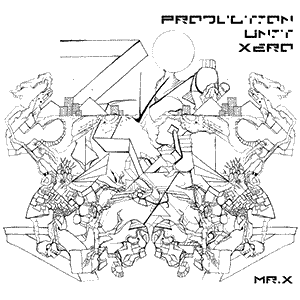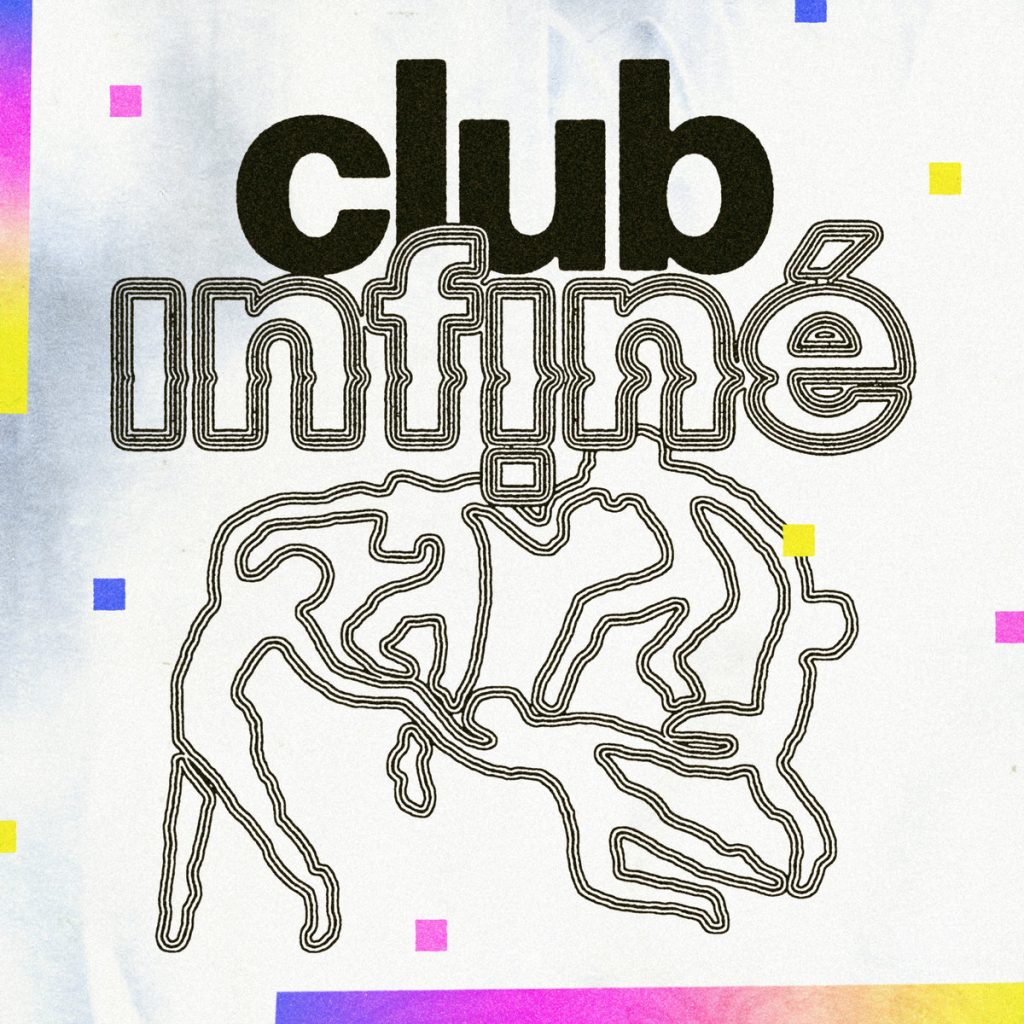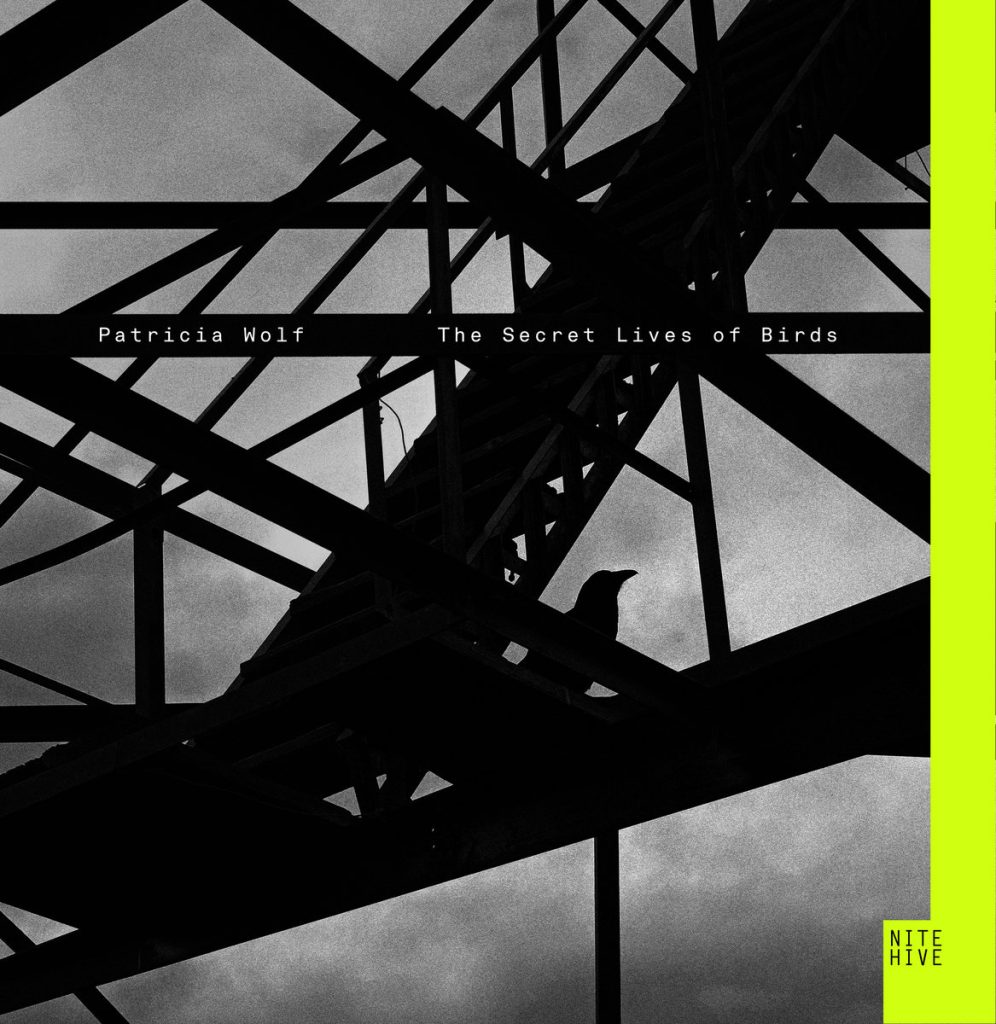What is Fidget House?
Exploring the Energetic World of Fidget House
In the diverse landscape of electronic dance music, Fidget House carves out a niche that is as frenetic and restless as its name suggests. Characterized by quirky basslines, syncopated rhythms, and a generally playful, bouncy vibe, Fidget House emerged in the mid-2000s as a refreshing counterpoint to the more polished and predictable forms of house music. This article dives into the intricacies of Fidget House, exploring its origins, key influences, prominent artists, and seminal albums that have shaped this energetic subgenre.
Origins and Development
Fidget House, also known simply as “Fidget,” sprang from the creative wellsprings of UK’s dance music scene. Pioneered by artists like Jesse Rose and Switch, the genre gained momentum as a reaction to the more mainstream expressions of house music, injecting a sense of fun and unpredictability back into the club scene. The name “Fidget” itself implies a certain restlessness or unease, a characteristic reflected in the genre’s twitchy rhythms and off-kilter beats.
Musical Characteristics
The hallmark of Fidget House is its distinctive basslines — wobbly, gritty, and often infused with a sense of humor and irreverence. These are complemented by an array of chopped-up samples, glitchy effects, and staccato rhythms that create a playful yet driving energy, compelling listeners to move. Unlike the steady four-on-the-floor pulse of traditional house, Fidget House often employs syncopation and swing rhythms, giving the music its characteristic ‘fidgety’ feel.
Influential Artists and Producers
- Jesse Rose: Often credited as one of the pioneers of Fidget House, Jesse Rose’s productions and DJ sets helped define the sound and ethos of the genre. His tracks blend elements of house, techno, and bass music, creating a signature style that is both groovy and unpredictable.
- Switch: Another key figure in the Fidget House movement, Switch (a.k.a Dave Taylor) brought a unique blend of electro, house, and bass music to the scene, with tracks that feature dynamic basslines and innovative sound design.
- Crookers: The Italian duo Crookers brought Fidget House to wider audiences with their infectious remixes and original tracks, characterized by their use of humor, catchy melodies, and energetic beats.
Key Albums and Releases
- Jesse Rose’s “What Do You Do If You Don’t?” is an essential album for understanding the depth and diversity of Fidget House. Tracks like “Touch My Horn” and “Well Now” encapsulate the genre’s playful yet driving energy.
- Crookers’ “Tons of Friends” album showcases the duo’s eclectic approach to Fidget House, with collaborations that span a wide range of styles and influences, making it a vibrant showcase of the genre’s capabilities.
Influences and Fusion
Fidget House draws from a variety of musical influences, including UK garage, bassline house, electro, and even elements of hip hop and dubstep. This amalgamation of styles contributes to the genre’s dynamic and eclectic sound. The influence of UK garage, with its shuffling rhythms and prominent basslines, is particularly evident, lending Fidget House its characteristic swing and groove.
Cultural Impact and Scene
Fidget House gained popularity in the mid to late 2000s, finding its place in clubs and dance festivals around the world. Its playful and irreverent style resonated with audiences looking for something fresh and energetic, different from the more serious and minimalist trends dominating electronic music at the time.
Continued Evolution
While Fidget House had its peak during the 2000s, its influence persists in various forms within the electronic music landscape. Newer genres and subgenres have absorbed elements of Fidget’s quirky energy and sound design, illustrating its lasting impact on the world of dance music.
Navigating the Fidget House Soundscape
Listening to Fidget House is an experience marked by unexpected twists and turns, sudden drops, and a general sense of sonic mischief. It’s music that doesn’t take itself too seriously, yet requires a certain level of skill and creativity to produce effectively. As a micro-genre, Fidget House represents a specific moment in the history of electronic music, where fun and playfulness were paramount, and the dance floor was a place for both energetic movement and lighthearted experimentation.
Diving Deeper into the Genre
For those interested in exploring Fidget House further, the journey involves delving into a world where the basslines wobble, the rhythms shuffle, and the melodies zigzag with a playful unpredictability. It’s a genre that encourages exploration and open-minded listening, offering a wealth of tracks that are as diverse in their influences as they are united in their commitment to keeping listeners on their toes — both figuratively and literally.




